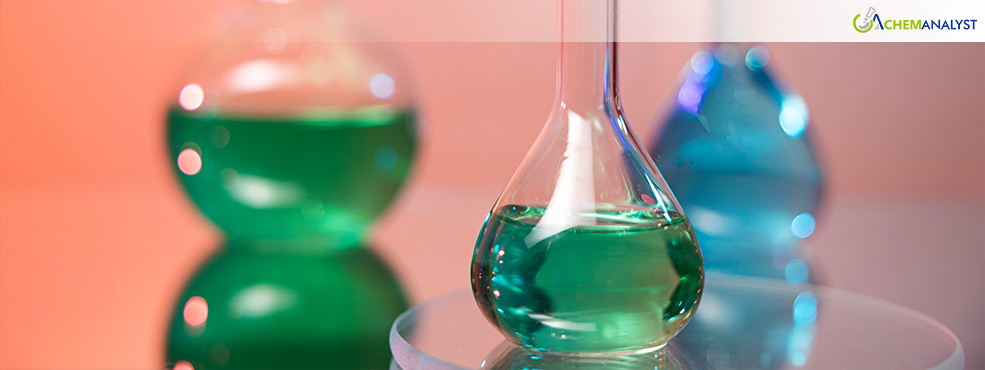Welcome To ChemAnalyst

In January 2025, Toluene Diisocyanate (TDI) prices increase in the international market. BASF has raised the price of Lupranate® TDI by USD 300 per metric ton in ASEAN and South Asia, citing rising transportation, energy, and regulatory costs. This increase is expected to affect the European market, where TDI is mainly imported from China, potentially leading to higher prices and tighter supply. Demand is anticipated to remain firm during the Chinese Lunar New Year holidays, adding pressure to an already strained market.
BASF has announced a USD 300 per metric ton price increase for its Lupranate® TDI in the ASEAN and South Asia regions, effective immediately or as per contract terms. This price adjustment is driven by rising operational costs, including higher transportation expenses, energy prices, and stricter regulatory requirements. The move is part of BASF’s strategy to support long-term growth while maintaining product quality and innovation.
This price increase is expected to have a ripple effect on the European market, where TDI is primarily imported from China. With global transportation and energy costs rising, European buyers may face higher TDI prices, reflecting increased production and shipping expenses from Asia. This could further tighten supply and lead to additional price hikes in Europe as BASF and other suppliers adjust their pricing strategies. European demand for TDI is already under pressure due to global supply chain disruptions, and these price hikes may exacerbate the strain, prompting manufacturers to explore alternative sources or pass the increased costs onto consumers.
TDI production rates in the region are expected to remain moderate, influenced by limited feedstock availability due to rising upstream crude oil prices. Brent crude prices have increased, buoyed by a larger-than-expected U.S. inventory drawdown and optimistic expectations for China’s economic recovery, boosting overall market sentiment. In Europe, TDI supply has been disrupted by yard congestion at key ports such as Rotterdam, Antwerp, and Hamburg, alongside weather-related delays, further complicating supply chain dynamics.
Looking ahead, TDI production is anticipated to stay low due to ongoing feedstock constraints. However, demand in Europe is expected to remain steady, particularly in the automotive sector, where TDI is used in polyurethane materials. In December 2024, EU car registrations rose by 5.1%, driven by significant growth in Spain (+28.8%), while Germany and Italy saw declines. Battery-electric vehicles (BEVs) held a 13.6% market share for the year despite a 10.2% drop in December, while hybrid-electric vehicles (HEVs) grew by 33.1%, capturing 33.6% of the market. Meanwhile, petrol and diesel car registrations fell by 1.8% and 15%, respectively.
As the Chinese market will close for the Lunar New Year holidays, demand from European buyers is expected to remain firm in mid-Q1 2025, temporarily reducing competition. However, supply availability may continue to be constrained, putting pressure on market dynamics in the coming months.
We use cookies to deliver the best possible experience on our website. To learn more, visit our Privacy Policy. By continuing to use this site or by closing this box, you consent to our use of cookies. More info.
